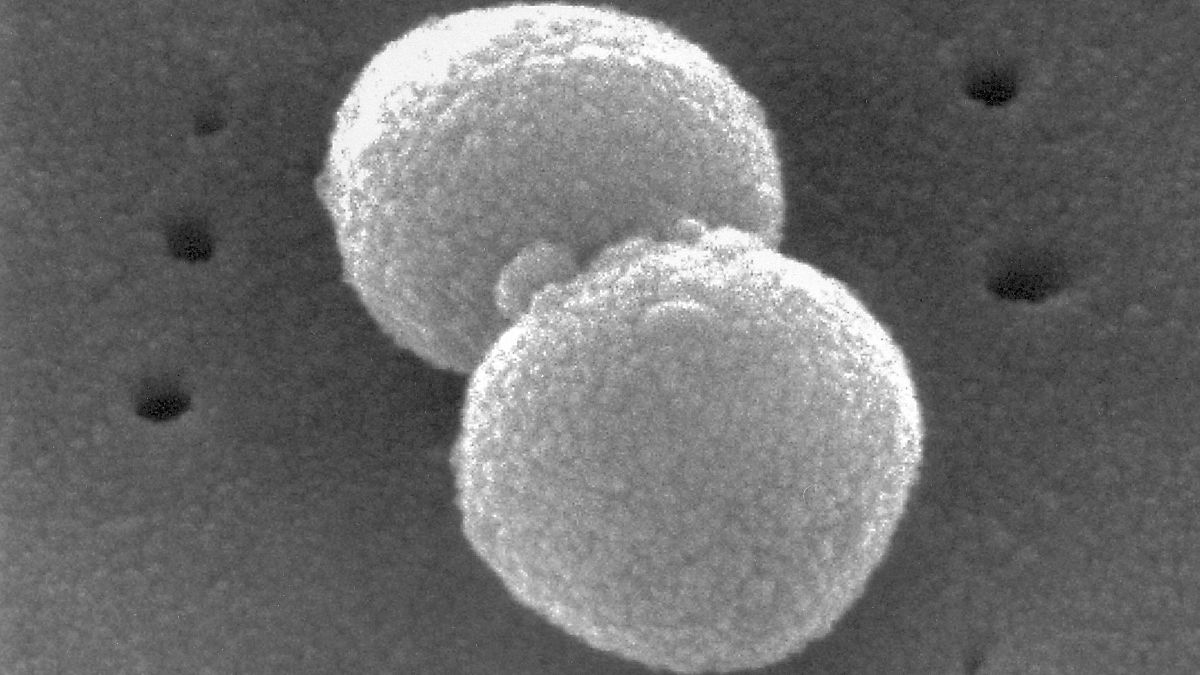Pneumonia is usually the result of a bacterial or viral infection and you can catch pneumonia from someone who already has it, as you can with the common cold.
Pneumonia is an inflammation of the lungs which is usually caused by an infection. Most people who contract it get better in two to four weeks but it can be dangerous in babies, older people and those with heart or lung conditions. They can become seriously ill and may need to be treated in hospital.
What are the causes?
Pneumonia is usually the result of a bacterial or viral infection and you can catch pneumonia from someone who already has it, as you can with the common cold.
People can also contract pneumonia if they are already suffering from other infections like flu, respiratory syncytial virus (RSV) or COVID-19.
What are the symptoms?
Coughing, shortness of breath, a high temperature and chest pains are the most common. But some patients may also experience aches and pains, tiredness and loss of appetite.
Feelings of confusion can be common in older people who contract pneumonia.
How is it treated?
Patients are generally given antibiotics to fight the pneumonia infection and most people get better in two to four weeks.
But some patients in higher risk groups may be admitted to hospital where they are generally given fluids and antibiotics to fight the infection and may also be given oxygen to help them to breathe.
Higher risk groups include the very young, patients over 65 and those with an existing cardiovascular disease or a long-term lung condition.
Is there a pneumonia vaccine?
Doctors generally recommend vaccines against COVID-19, RSV and flu to help protect against some of the infections that can cause pneumonia.
Also available is the pneumococcal vaccine which not only helps protect against pneumonia but also serious illnesses like meningitis and sepsis.
Ipsos says pneumonia kills around 120,000 people across Europe every year.
David Sassoli’s ill health
On 11 January 2022, former President of the European Parliament David Sassoli died due to complications with his immune system caused by multiple myeloma.
In September the previous year he was hospitalised in Strasbourg with a severe case of pneumonia caused by legionella. That infection meant he was unable to carry out his duties for more than two months.
Read the full article here


